Welcome to the first of a three-part Executive Coaching series. We asked our coaching and consulting team the benefits of heads of school engaging the help of an executive coach. Our coaches weigh in on the full spectrum of advantages, including sound advice and counsel on the day-to-day business of running a school to helping the head become the visionary the school needs for continued growth.
The Journey of Headship
Susan Lair
Consultant, Executive Coach
The Education Group
In a perfect world, heads of school are visionaries. They have a clear vision of what the school should do and where it should be during the next twenty years, and, along with the board of trustees, write strategic and financial plans to get there. But schools do not exist in a perfect world. The reality of juggernaut expenses, competition for students, the race for signature programs, and lust for college-like facilities can make any private school anxious about its viability. The challenge is that on any given day, heads are alone to juggle the myriad of student, faculty, parent, governance, curriculum, business, financial, legal, admissions, fundraising, and leadership quandaries and decisions that must take place. Experienced heads grow exhausted by the personal solitude and increasingly fierce pace and new heads lack the stamina and experience longevity provides. It is abundantly clear that independent schools and their leadership needs have changed over the past twenty years and it is not surprising that many heads seek guidance as they navigate our increasingly complex world of independent schools.
The executive coaching industry often advertises itself as a way to help executives reach their employment objectives, unlock their hidden potential, and provide security for the institution, but what do educational executive coaches provide heads of school?
EDUCATIONAL EXECUTIVE COACHES PROVIDE:
A confidential space for heads to grapple with their thoughts and ideas while building community trust through consistent decisions that advance the school’s mission.
It’s lonely at the top. Executive coaches recognize that heads need a place to articulate the issues and concerns that they wrestle with alone. Our focus is on listening to what the school head is saying and helping the head to examine their thoughts through various perspectives. The school head and coach meet regularly on an agreed-upon schedule. The experience is a shared conversation, not a lecture, between the coach and head of school in which both are responsible for pushing the conversation forward through questioning. Coaches provide a unique perspective, one that can only be acquired through years of experience, while allowing the head of school to grow organically by routinely reexamining their values, principles, and beliefs.
EDUCATIONAL EXECUTIVE COACHES PROVIDE:
Practice in a personal commitment to the value of calm, reflective thinking, strategic goal setting, collaborative action plans, predictable outcomes, and care for the individuals within the school community.
Trust is a swinging door built by the predictable behaviors of the people in the relationship. It is the foundation of a healthy school environment and the key to long-term sustainability and growth. Boards are often anxious for change. Children change every day and certainly, the last year has taught all of us that adapting to change is crucial to our physical and mental health. An executive coach can assist heads in navigating the tides of change and timing implementations that build trust.
EDUCATIONAL EXECUTIVE COACHES PROVIDE:
Support for the courage and self-assurance required to lead with integrity, the knowledge of complex school systems, and the confidence gained within a community by empowering others.
Experience is a powerful teacher and the experience of falling off a bicycle helps children learn how to balance during change. Experienced executive coaches use their knowledge and experience to provide heads the chance to explore issues that may be stunting their potential or the potential of the school. Coaches can help heads envision programs and policies that will help the school thrive by mentally modeling what may happen. Coaches can provide a mirror for heads that allow them to examine goals that may be too low, too lofty, poorly articulated, or at odds with their school culture. Executive coaches can privately nurture the value of thoughtful age, authority, and position empowerment while emphasizing the responsibility of leaders to do what they say and say what they mean.
EDUCATIONAL EXECUTIVE COACHES PROVIDE:
Focus on nurturing a commitment to a personal moral compass, the strength to challenge the status quo, the selfless dedication to the future of each student, and ultimately a thriving sustainable school community.
Many heads of school are recruited from the education industry and are intelligent talented people who demonstrated excellence in curriculum development, teaching, or management of a department, division, recruitment, enrollment, or fundraising. Some heads are recruited from the business community or universities and are intelligent talented people who demonstrated excellence in business management, financial strategies, metric-driven advancement, theory, or governance. Virtually all heads of school find that the hardest part of running the small city referred to as The School, is coping with the complexity of people. Coaches are there to support heads as they contend with success, obstacles, and unexpected crises. Coaches are there to talk them through a difficult day and hold them accountable for their goals. Most importantly coaches are there to pose the moral dilemma - If not them, who?
When a school or individual hires an executive coach, it is a deliberate acknowledgment of the complexities of headship. Most importantly a coach is there to pose the moral dilemma - If not you, who?

